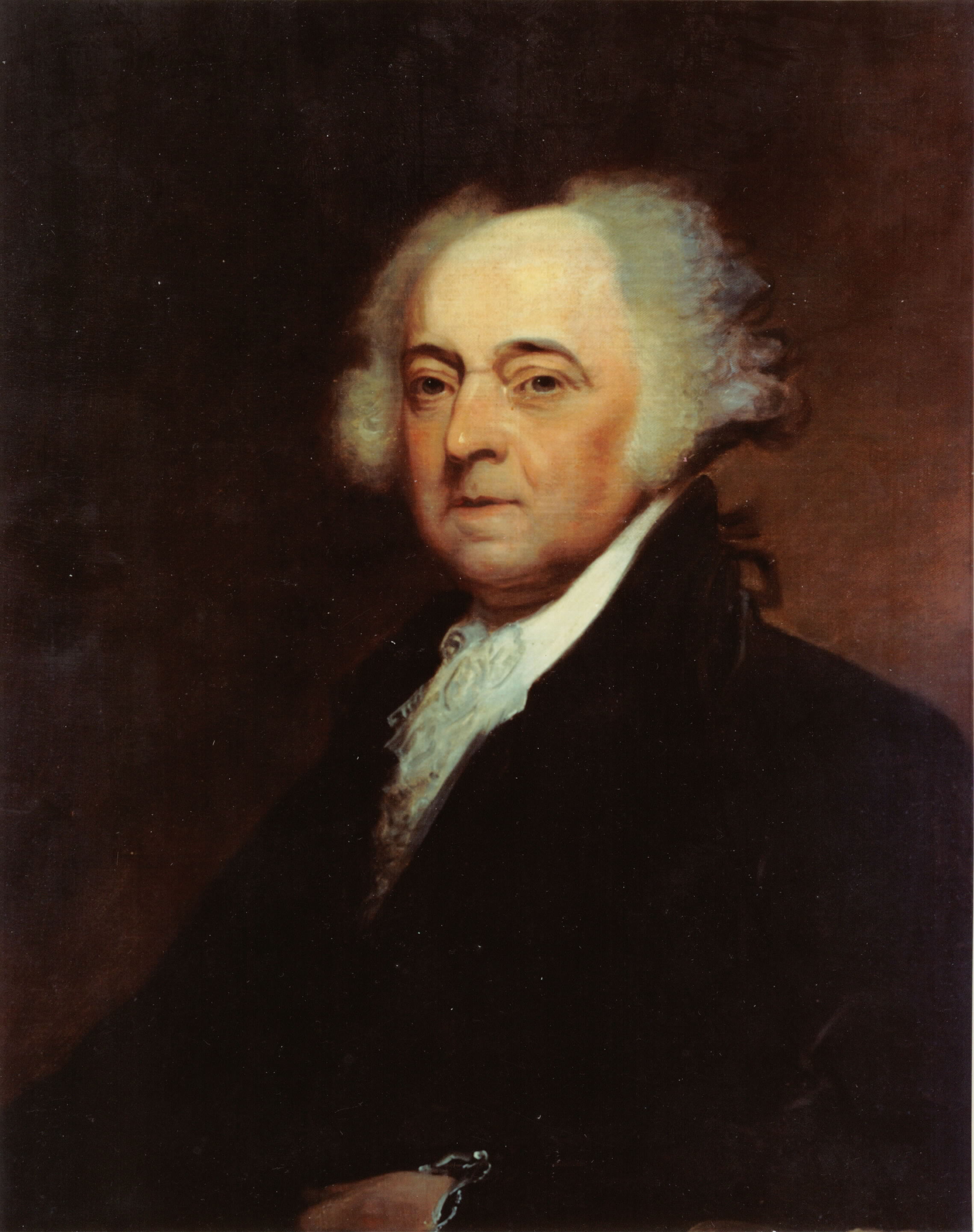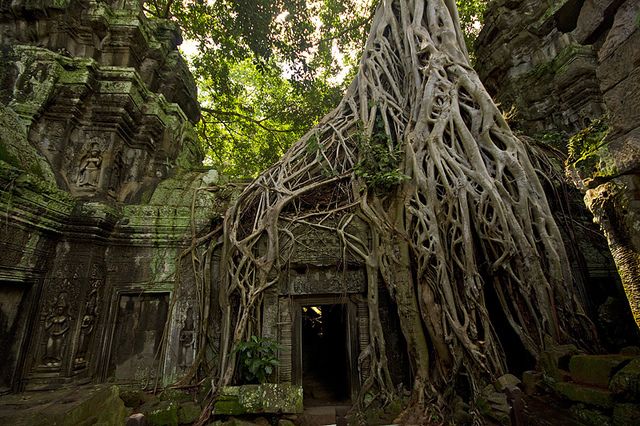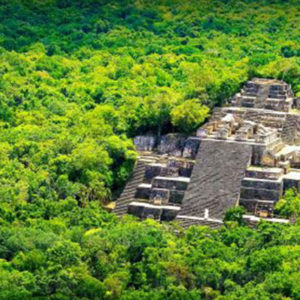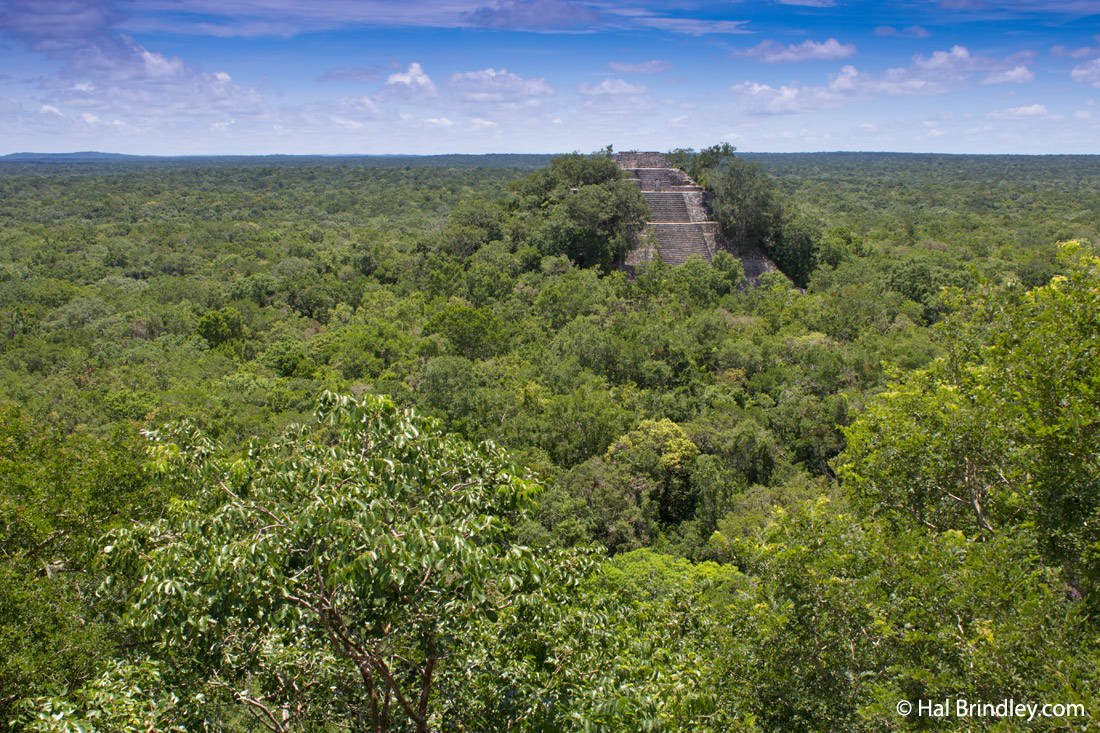|
Word Gems
exploring self-realization, sacred personhood, and full humanity
Editor's 1-Minute Essay:
History
return to "History" main-page
William Dean Howells: "It’s a curious thing, this thing we call civilization... It’s really an affair of individuals. One brother will be civilized and the other a barbarian."
The trajectory of human progress and advancement has been ascendant for thousands of years; however, that rise has been punctuated by some very dark times during which the light of Reason did not shine.
Long-term, I am an optimist; however, short-term I see many ominous storm clouds gathering for society. Too many of us -- self-satisfied, haughty, disdainful, shameless, irreverent -- have not even a modicum of perspicuity regarding what is necessary to keep the fragile-flower of civilization alive. Barbarism is but a short step from some, having sold themselves to base desires.
|

John Adams, 2nd U.S. President
"Remember, democracy never lasts long. It soon wastes, exhausts, and murders itself. There never was a democracy yet that did not commit suicide."
|
Historically, the forces of madness now accosting us daily have found resolution only in social unrest, even, blood in the streets. I see no reason why we should be exempt from this judgment as we cavalierly abandon time-honored principles, so hard won in the upward march of civilization.
I look forward to a just society for all in Summerland where no incivility, no violence, no invasions, will be possible.
a final thought
In my essay on the heroic exploits of Bob Feland, I commented:
There is a banal theory of history which suggests, disingenuously, that even heroes of the past deserve no real credit for their accomplishments; that, fundamentally, they, and what they did, were merely products of their time - simply flowing, drifting, in the rushing currents of historical forces swirling about them. Such view might be convincing only to insulated academics who seek to justify their own walter-mitty lives. All that I shall say to them is... you've never met Bob Feland.
As a young man I puzzled over views from academics which asserted that the great men of history merely flowed in the political currents of their time and could claim no honor for their accomplishments. But today I understand the egoic mindset. It's all rather predictable once you see the heart of the matter.
Materialism attacks and seeks to minimize the glory of personhood, the free will, the sacred dignity of what it means to be human. Man as soulless machine, as one without destiny or purpose, a mechanistic expression of atoms' and molecules' interplay, fits the materialistic agenda.
We see this expressed, essentially, in all disciplines of thought. It is the unspoken motivation which denies the scientific evidence for post-mortem survival of consciousness; the role of the individual in economics. This disrespect of what it means to be human fuels totalitarianism, socialism, cultism, the abortion of babies - we could go on.
|
In the paragraphs above, I lamented, many months ago, about society’s prospects for a lasting peace and prosperous future. Recent polls suggest that nearly 60% of the American public will not be surprised if a new Civil War comes our way.
We can feel it in the air. Fake news has never been so outrageous, conspiratorial, and coordinated; lies, never so prolific and ubiquitous; incivility and violence is now openly encouraged by some leaders of political parties toward those of opposing views. This is but a short step to barbarism.
We sense a decline in the rule of law. DVDs begin with most severe threats of high fines and imprisonment for copyright infringement – while high-profile politicians, scoffing at the concept of honor, conduct themselves in a treasonous manner and urinate on the Constitution. And many of the people love to have so, offering their votes for sale to the highest bidder.
President John Adams was right (see above). "Democracy" -- and every other form of government -- "never lasts long." The wheel of history is turning. The dysfunctional ego eventually creates blood in the streets, with the victors then creating a new world order, for the benefit of themselves, thereby launching the next cycle of rise-and-fall. We see this over and over again throughout history.
I've learned not to expect much from this world, "another world's hell." I look forward to my "real life," a time of true peace and unthreatened individual freedoms in “the real world,” Summerland.
how then shall we live our lives
However, all of this disquietude concerning, what the apostle Paul called, "the present distress," raises the question: How should we live our lives in a society that is about to go off its wheels? As has been said, it's hard to plant oak trees when we're tempted to think in short-term timeframes, despairing that we'll not enjoy the fruit of our labors.
First of all, we must realize that thoughtful people have been concerned about the end of society since Paul's time and before. It's standard fare in this world: We see, all around us, the greed, the oppression, the mad desire for "more," the striving by small minds for power-and-control; and we sense that, at some point, this mayhem and insanity will topple the system. And it does topple every now and then, in different parts of the world.
Until it happens for us, though, we must live our lives in view of eternal verities; the dictates of the "true self" within, the divine heritage of "made in the image" bequeathed to each person; and the hope of a better world, our "real life," awaiting us. We must serve and help others as we can; we must maintain an "inner state of presence," our own sanity, and from this core of being, we can find a measure of solace, leading us home, to our inheritance.
peace, in the midst of unhappiness
In the movie “Nixon” a Quaker mother instructs her young son, a future President, that receipt of happiness is unlikely in this world but awaits the next. In the meantime, she tells him, despite the tempest that is this life, we can know peace. The Quakers have understood “centering” oneself and going within, and so she had experienced that of which she taught.
Happiness, strictly speaking, relates to happenings. Our mortal time on this planet is marked by unpredictable vicissitude; as Twain put it, “one damn thing after another.” As we cannot control outward circumstance right now, we cannot enter into a fullness of happiness. But we can access the inner riches, the true self, the center of Universal Consciousness, deep within our own persons. And when we do, we can inhabit peace. And even if the world goes to hell in a proverbial handbasket, as it regularly does, our secret garden of solitude remains inviolable. I like what Jesus said: “They can only kill your body” – and that’s nothing overmuch to worry about.
Footnote: The following related piece I wrote for the “Economics” page:
capitalism, the worst economic system, except for all the others
Winston Churchill once commented, to the effect, that democracy is the worst form of government, except for every other form. And so it is with capitalism.
Capitalism runs to excess. Eventually, the smart people have most of the chips and take advantage of the little guy. We could make a list of the bad things that happen with capitalism.
It’s just that, that same list will be much longer for socialism.
READ MORE
|
|
the jungle always wins
In their massive “Story Of Civilization,” Will and Ariel Durant, observing the tiresome rise-and-fall of history’s human governments, societies, and cultures, comment, to the effect, that the jungle always wins.

A people might amass great scientific knowledge in astronomy and mathematics, might create grand and imposing architectural edifices, produce a veritable wonderland of philosophy, the fine arts, and jurisprudence, but, eventually, the jungle will have the last say and wins.

In fact, as the Durants’ assess, any apparent progress that humankind makes in this world is but "a temporary interruption of the jungle." This is a lesson of history, a view of life on planet Earth, from a high vantage point.

The Durants' "jungle" metaphor says that things of this world are impermanent, all structures therein are unstable.
But why?
John Adams, with disturbing insight into the nature of things, spoke plainly that all democracies eventually commit suicide. But it’s not just democracies, it’s all forms of human government that self-destruct, which would include all churches with its Nice Young Man, grasping corporations, all John-and-Mary marriages, all ego-based friendships, all social contracts of every sort.
But why should it be this way? Why are we so unstable?

Many saints and philosophers have explained it to us. For example, in the New Testament, the apostle John speaks of this world as “passing away.” And why so ephemeral? – because it is founded upon “the lust of the eyes,” the covetousness of the heart, the Little Me, the dysfunctional ego within, that can’t stop chattering, “I don’t have enough” because “I am not enough.”
The domain of the Ego creates civilization as it makes its fearful and needy way through history, but a time comes when that which it creates falls apart. Why does it fall apart? Call it “imperial overreach.” It tries to get too much, it oppresses others too much, it attempts to fortify itself at the expense of the common good. And then it all “passes away.” And when it does, the jungle stands ready to take over.

We might think we’ve won against the jungle with our machetes, herbicides, and mechanical choppers, but, as the Durants instruct, all this is but "temporary interruption of the jungle." The silent verdant marching-troops of slow-accretive floral advance, eventually, win all wars. But only in this world, which is passing away.
The lessons for us?
(1) Whatever we are doing, be it this moment or in terms of long-range projects, if these are not based upon the energies of “the true self,” then – stop. There’s no point in continuing, as it will all “pass away,” come to nothing, but for sorrowful and tearful insights gained.
(2) If our cause is just, if our purpose reflects authentic desire based upon “the true self” and the hidden pledges of the soul, then, we are to be like the jungle. Keep moving forward. In the short term, we may be turned back, with battles apparently lost, but, a day will come when we'll win the war. If we never give up, if the heart is set like flint, then one will yet achieve that which the heart authentically desires. Because the jungle always wins.
This is the mountain-moving message of Jesus in Mark 11. The long-viewed fortitudinous intention, built upon the dictates of the soul and Universal Intelligence, cannot fail in its endeavor. Like the jungle, it always wins.

Editor’s note: The “jungle always wins”, eventually overwhelms the civilization du jour, because, more fundamentally, in this world, the dark ego always wins. It is relentless. It cannot stand down from its power-grabbing ways, as its internal insanity of “I don’t have enough” because “I am not enough” cannot be healed. Eventually, and rhythmically, in a local “end time,” it will collapse civilization, which allows the jungle to move in.
|
|






